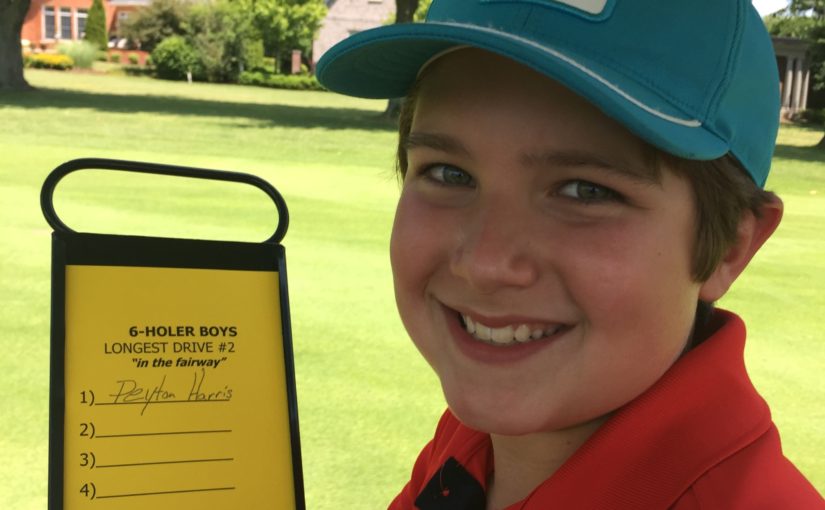Today’s reading is Acts 4.
Maybe the marketing team at Doritos, with their tag line encouraging people to be bold by eating Doritos, are big fans of Acts 4. The theme of this chapter is about being bold and willing to share the Gospel despite the risks.
Acts 4:13 says people were “astonished’ in hearing the boldness of Peter and John. The disciples prayed for boldness to speak the Gospel in Acts 4:29, and we are told in Acts 4:31 that prayer was answered. They were “filled with the Holy Spirit and continued to speak the Word of God in boldness.”
I’ve written on this before, but I’ll say it again. One of the most convicting factors for me personally in the truth of the Gospel is that the same guys who ran for their life, hid in locked rooms, and denied knowing Jesus right before, during, and after his crucifixion to protect their own lives now won’t be quiet about the Gospel. They saw the gruesome death of Jesus on the cross. They knew the same thing could be done to them. There is only one reason they would keep sharing the Gospel. They knew Jesus was dead, and then they saw and interacted with Him alive after His Resurrection. What is there to fear when you don’t fear death itself?
The Jewish Council of leaders, sometimes called the Sanhedrin, threatened them to not to speak about Jesus and their fearless and bold response in Acts 4:20 was, “for we cannot but speak about what we have seen and heard.” Their lives were on the line, yet they chose Jesus. How many of us fear our lives being taken for speaking the Gospel? Probably no one reading this unless you are in another country outside the US. So, what are we afraid of? Is it losing our job? Yes that’s bad, but it’s not losing our life. Are we afraid what someone will think of us? That is pretty childish and selfish when what others think of us is more important to us than where someone will spend eternity.
I don’t think one single person’s political view has been changed because of something one of their friends/connections posted on social media. Yet my social media is full of so many political posts I don’t want to get on it, and I’m tempted to drop it.
Think of the good that would happen in the world if Christians were just as passionate about posting about Jesus as they were about politics. Instead of making the blood boil of those who disagree with you, it would lead them closer to the One who can give them a peace that passes human understanding. There is a lot of talk about peace now, and rightly so, and yet Jesus is the only one who can give us eternal peace.
Don’t feel you are smart enough or know the Bible well enough to share the Gospel? Remember me saying people were “astonished” in Acts 4:13? It says right before that the reason is because Peter and John were “uneducated, common men.” This past week our pastor of Eastview Christian Church, Brandon Grant, shared the two original Greek words for these were agrammatos, meaning illiterate, and idiotes, meaning ordinary. Or as he said, you could say the translation says they were illiterate, idiots! Yet we are told in Acts 2:31 that three thousand believers were added and here in Acts 4:4 the number that came to believe was five thousand. Wow. The power of God and the Holy Spirit we as believers have living within us is incredible.
Let us be bold my friends despite our insecurities. The eternal resting place of others’ souls are relying on it.



